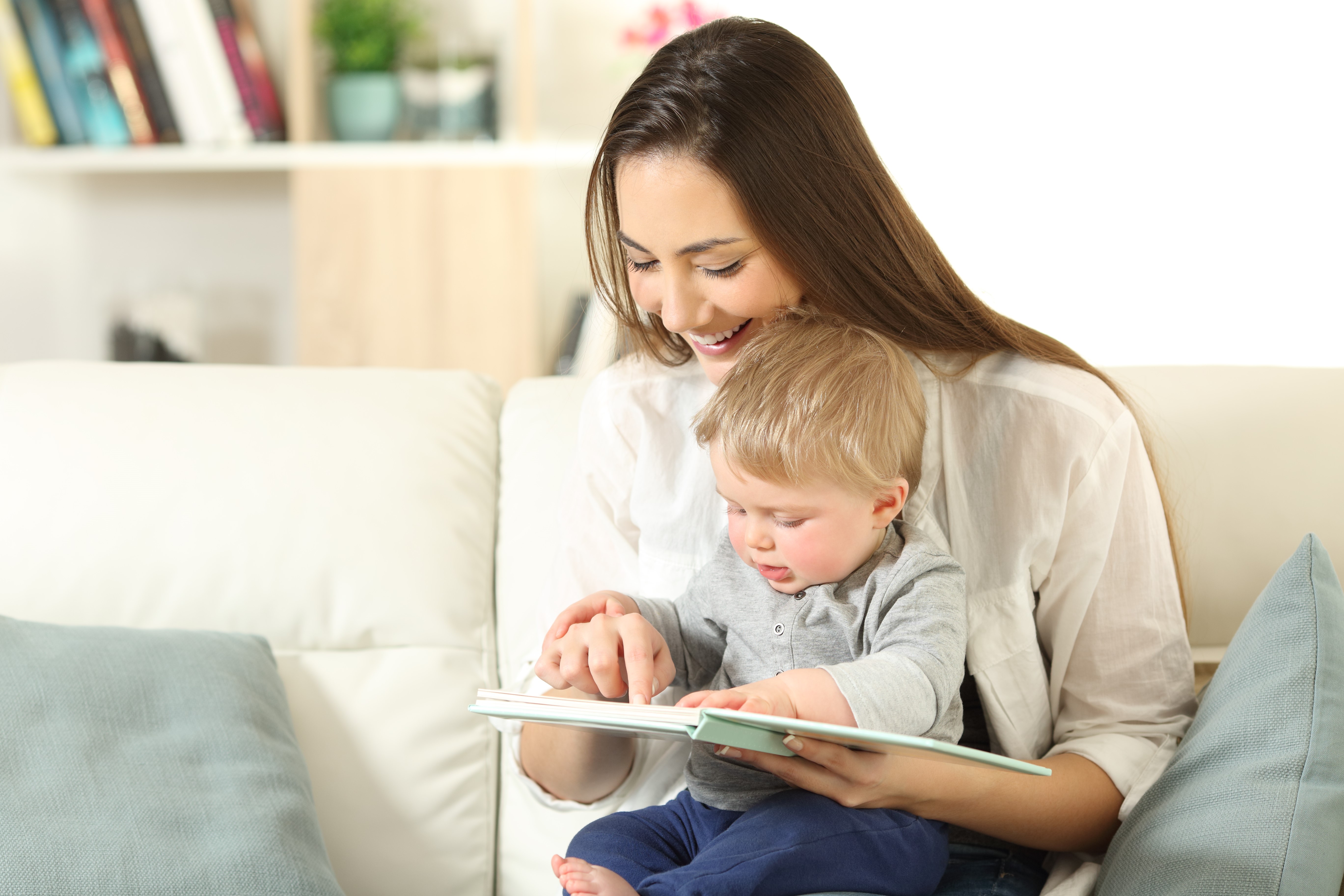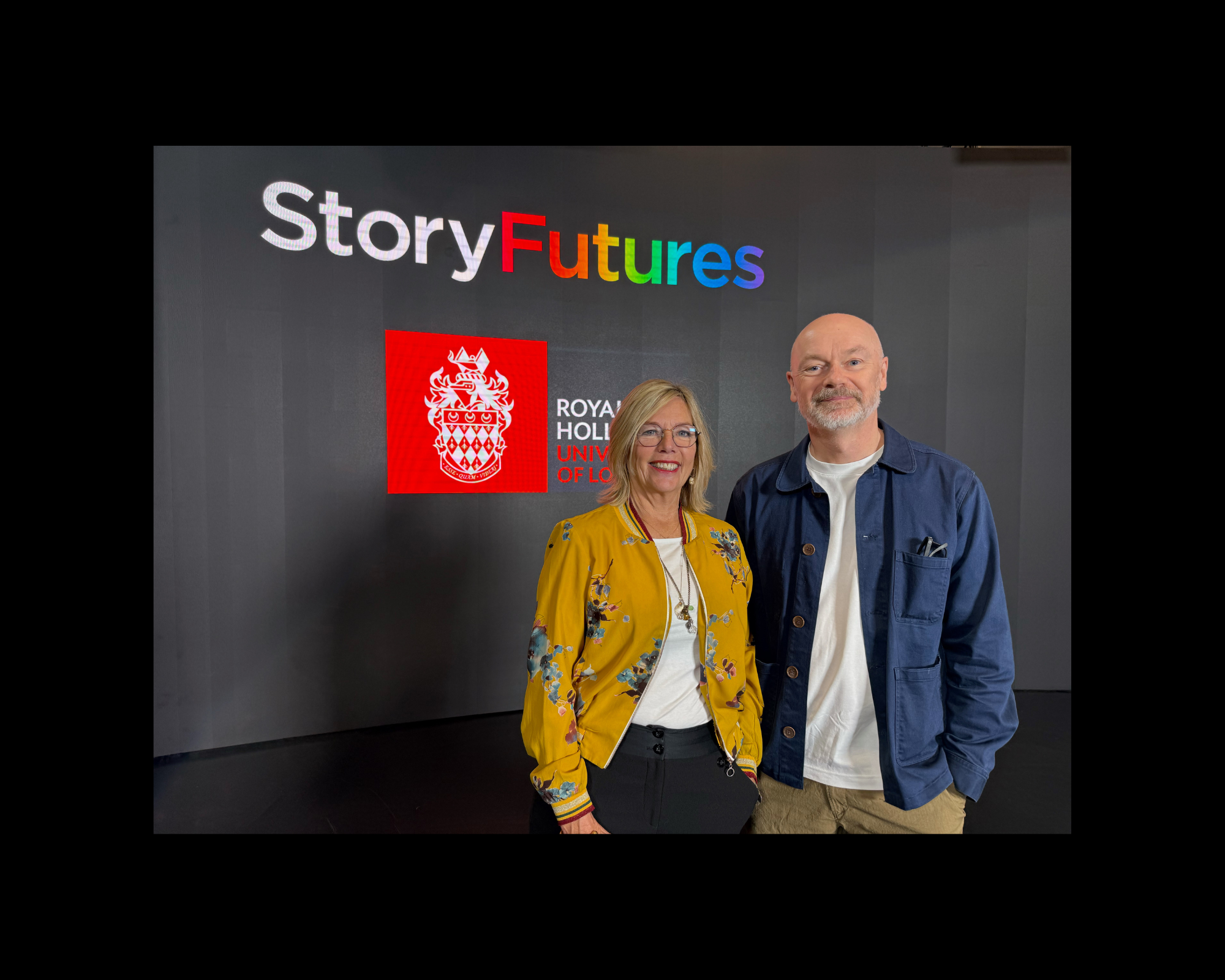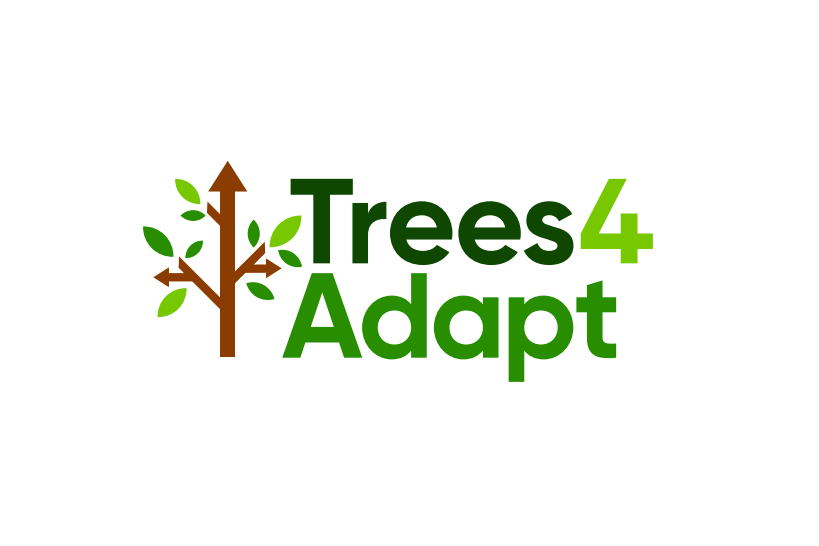Findings from the first study to examine how touch-and-feel pages affect infants’ learning of the words in first-words picture books, have been released by academics at Royal Holloway.

The study, funded by the Nuffield Foundation, shows that, while it is acknowledged that reading boosts preschoolers’ vocabularies, little is known about under-2s, who are on the cusp of understanding that names of pictures in first-word books refer to names of objects in the real world.
It was also unclear which book features, such as texture, photos or drawings best support babies’ learning.
The team tested whether photo-realistic images helped children to learn about objects more than drawings, and whether touch-and-feel pages interfered more than non-textured ones.
The study, ‘Can Infants Learn New Words from Picture Books?’, combined a one-off lab trial and a six-week home trial with 200 infants aged 14-20 months. It produced three new discoveries.
First, in the lab, infants who read a touch-and-feel animal book were less likely to learn a new word than those with the untextured version, suggesting texture may distract attention in one-trial learning.
Second, in the home trial, babies who saw a touch-and-feel book about clothing were slightly more likely to learn the new words than those with an untextured version. Textures may have kept babies more engaged across repeated readings.
Third, the home trial found no clear advantage for photo books over drawing books. Babies learned just as well from illustrations, challenging earlier findings based only on lab settings.
Lead author Dr Jeanne Shinskey, Senior Lecturer from the Department of Psychology at Royal Holloway, said: “This study shows that the design of baby books matters. Features that grab attention may help, or hinder learning, depending on the setting.
“Studying real-life book-sharing gives a fuller picture than lab trials alone.”
Co-author Dr Jessie Ricketts, from the Department of Psychology at Royal Holloway, added: “Shared reading isn’t just about learning words. It’s a chance to connect. Talking during book-sharing supports early language, engagement, and relationships.”
Eleanor Ireland, Education Programme Head, from the Nuffield Foundation, said: “These findings emphasise the importance of supporting parents to establish a regular book reading routine with their toddlers, and that different designs can help keep children engaged and enhance their learning of words.”
The study was guided by an advisory panel that includes researchers, early years professionals, and parents.

























